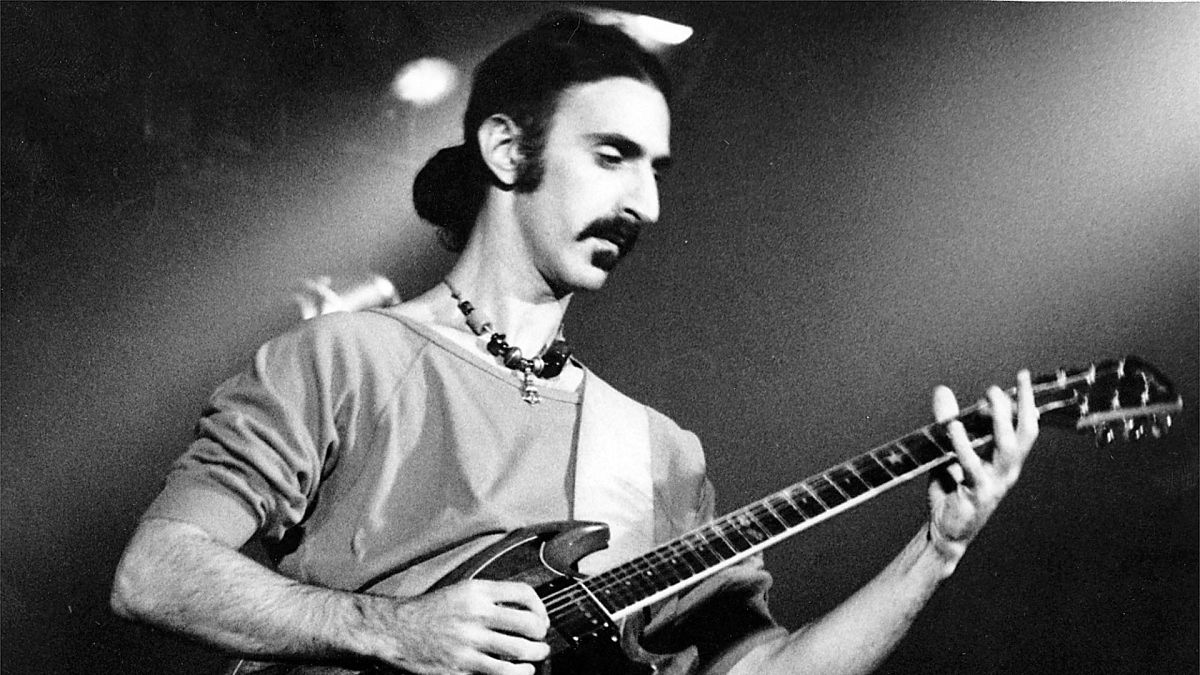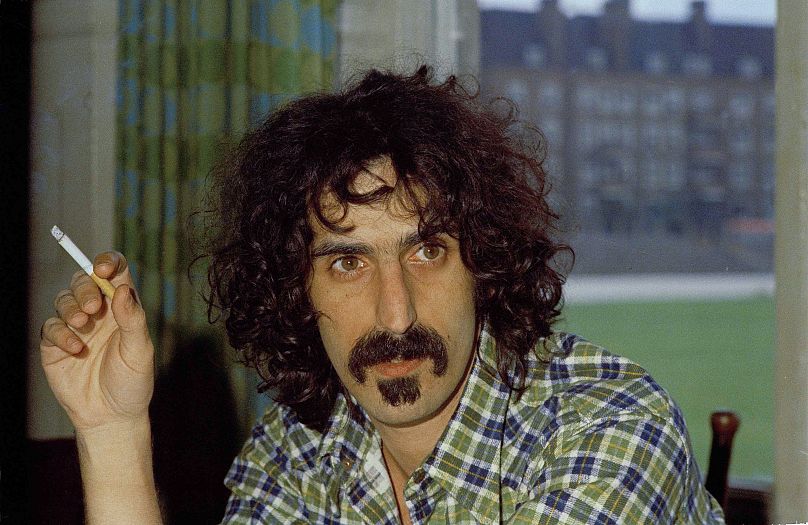4 December 1993: Frank Zappa dies from prostate cancer.
Potentially the most voraciously creative musician of the entire 20th century, Frank Zappa’s astounding discography is as unique as it is monumental.
Zappa was born on 21 December 1940 in Baltimore, Maryland, the child of Italian-Americans. He first developed his interest in music when he joined a band in high school as the drummer and his parents bought a phonograph.
From the off, his record collection betrayed the eclectic tastes that would define his career. Everything from R&B through jazz, modernism to sound experimentation was enthralling for the young Zappa.
Among his growing collection, Zappa became an avowed fan of French “organised sound” composer Edgard Varèse, who was known for his unconventional take on modern classical music. Also at high school, Zappa made friends with Don Glen Vliet, who would also become famous as the avant-garde musician Captain Beefheart.
In his 20s, Zappa committed to a career in music, first by composing music for others before focusing on his own work. A key moment to his development was a police sting that put him in prison for a short while after a fake recording of an erotic encounter was considered porn. This turned the experimental musician political – or anti-political to be more accurate.
Finally, in 1966 Zappa put out his first album as the leader of the band Mothers of Invention. Although he wasn’t completely happy with the final album, ‘Freak Out!” was an early indication of the virtuoso’s musical dexterity.
Over the following 27 years, Zappa produced at an incredible rate. Over his lifetime, he released 62 studio albums. It’s a staggering achievement but Zappa’s musical output went far further than just what he released. In the 30 years since his death, his estate has put together enough unreleased music to make a further 64 albums.
As of 2023, Zappa has 126 albums to his name. Pretty impressive for a man who died on this day in 1993, aged 52. Zappa died of prostate cancer, an affliction that fans believe he references in the song ‘Why Does It Hurt When I Pee?’ on 1979 album ‘Joe’s Garage’.
Usually, we’d reflect on the best tracks or albums of an artist’s discography here. With Zappa, the task of even listening once to his discography is a mammoth undertaking. So instead, let’s focus on just one track, also from ‘Joe’s Garage’.
Near the end of the three-part, near two-hour album, which has combined comedy songs about ‘Catholic Girls’ with jazzy guitar riffing and an overarching plot of an ordinary boy (Joe) who starts a band in a dystopian state, is the phenomenal track ‘Watermelon in Easter Hay’.
Introduced by the album’s narrator the Central Scrutinizer, a government employee who reflects on Joe’s miserable life in prison as music is facing a national ban, the brunt of the track comes in as a guitar solo that Joe imagines from his cell.
The result is astonishing. The 9-minute song, recorded in 9/4 time gives space to the only guitar line of the album that hasn’t been xenochronously overdubbed from earlier recording onto newer material. It stands out on the album as a blissful reawakening of simple musical passion. Even out of context, it’s a joyride of harmony.
Supposedly, Zappa considered it the best song of the album. It’s a sentiment that his son Dweezil agrees to, claiming “it’s the best solo Zappa ever played.”




